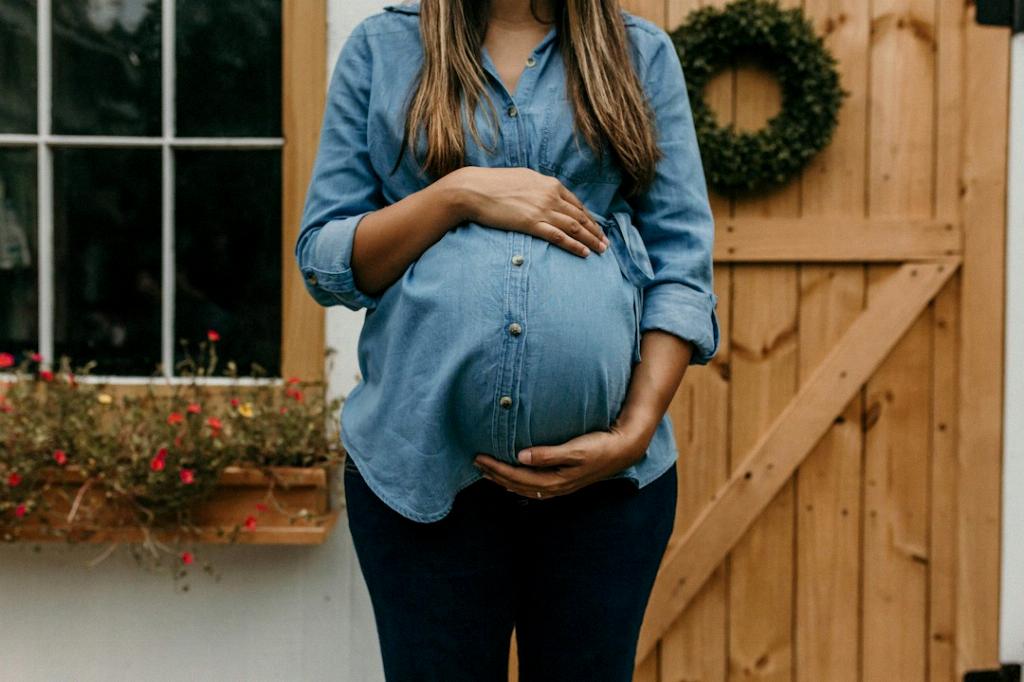High blood pressure during pregnancy is a common concern for many expectant mothers. It is essential to understand the relationship between high blood pressure and preeclampsia to ensure a healthy pregnancy.
High Blood Pressure in Pregnancy
High blood pressure, also known as hypertension, can occur in pregnancy for various reasons. Gestational hypertension is a condition where blood pressure rises during pregnancy but typically returns to normal after giving birth.
Risk of Developing Preeclampsia
Although high blood pressure on its own does not guarantee the development of preeclampsia, it does increase the risk significantly. Preeclampsia is a serious condition characterized by high blood pressure and damage to other organs, usually occurring after 20 weeks of pregnancy.
Understanding Preeclampsia
Preeclampsia can lead to complications for both the mother and the baby if left untreated. Symptoms can include high blood pressure, protein in the urine, severe headaches, and visual disturbances.
Monitoring Blood Pressure
Regular monitoring of blood pressure during pregnancy is crucial to detect any changes or abnormalities early on. Your healthcare provider will closely monitor your blood pressure at prenatal visits to watch for signs of gestational hypertension or preeclampsia.
Managing High Blood Pressure
If you have high blood pressure during pregnancy, your doctor may recommend lifestyle changes, medication, or close monitoring to keep it under control. It is essential to follow your healthcare provider’s advice to reduce the risk of complications.
Preventing Preeclampsia
While there is no sure way to prevent preeclampsia, maintaining a healthy lifestyle, attending regular prenatal visits, and following your doctor’s recommendations can help reduce the risk. Early detection and management are key.
Potential Complications
Untreated high blood pressure or preeclampsia can lead to serious complications such as organ damage, placental abruption, premature birth, and low birth weight. It is crucial to address any concerns with your healthcare provider promptly.
Seeking Medical Attention
If you experience symptoms like persistent headaches, visual changes, swelling, or abdominal pain, seek medical attention immediately. These could be signs of preeclampsia or other pregnancy-related complications that require prompt intervention.
Conclusion
In conclusion, while high blood pressure during pregnancy does not automatically mean you will develop preeclampsia, it does increase the risk. Monitoring blood pressure regularly, following your healthcare provider’s recommendations, and seeking prompt medical attention for any concerning symptoms are essential for a healthy pregnancy.

